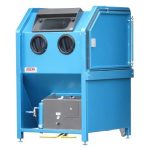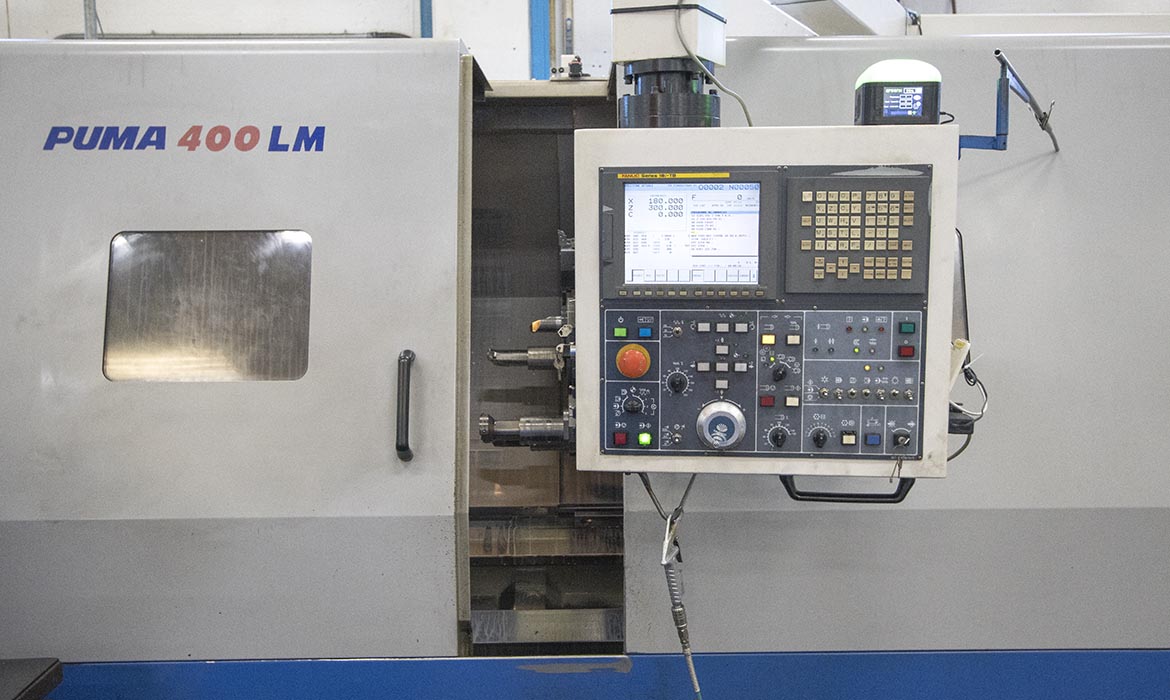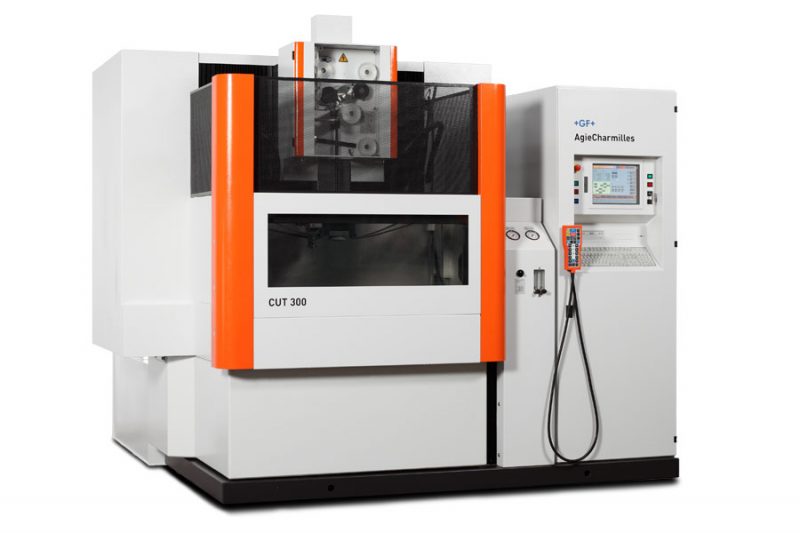

Here both periods are taken into consideration, and the article is concluded with some overall thoughts on the transition to agriculture in Southern Scandinavia.Ĭeramic containers, intentionally deposited into wetlands, offer detailed insights into Early Neolithic culinary practices. Usually the views are one-sided, either Mesolithic or Neolithic. If research on this topic is considered in a historical perspective, however, continuity tends to have been overlooked since the transition to agriculture is also a collision of two very different research traditions. Thus in terms of settlement and land use, the Mesolithic-Neolithic transition is a mosaic of continuity and discontinuity. Relocating the actual living area to inland residential sites probably was the only stable hybrid between hunting and farming-a perspective with many implications. Further it is argued that the overall reorganisation of the settlement happened rapidly because of structural incompatibilities inherent in the two different ways of life. It is concluded that this settlement pattern has many organisational features in common with EN I. Instead, it is proposed that EBK settlement comprised a number of small groups rotating between sites on a seasonal basis within a confined territory, but perhaps periodically aggregating at key localities.

This model is considered here to be insufficient. Large groups that live a sedentary life on big year-round base camps have been anticipated, whereas the smaller settlements have been perceived as seasonal extraction camps, exploited by task-groups radiating from a base camp. In recent years, the EBK has been characterised according to the model of complex hunters. It is found that our view on the settlement system of the EBK needs revision. The Ertebølle Culture (EBK) and the earliest stage of the Funnel Beaker Culture, early Neolithic I (EN I), are thoroughly examined, leading to a comparison between the two periods. As an additional safety feature can the CPU at failure of the intercom is switched off and announcements in all areas be discontinued.This contribution is a critical survey and discussion of patterns of settlement and land use at the Mesolithic-Neolithic transition in Southern Scandinavia. In the hand-held microphone of built-in beeper to monitor the MIC capsule including the acoustic-electric conversion.

SMARKY 200F ISO
Monitoring of control and audio paths, as well as the preamplifier according to EN 60849, EN54-16 and ISO 7240-16. Adjustable microphone and speaker levels. Built-in speaker to listen to the chime programmable before and/or after the broadcast. Ready light, General failure indicator and VU-meter.

Start, pause, skip and stop alarm sequences in specific sections of the fire Activation of preprogrammed transfers of any sources in any areas
SMARKY 200F MANUAL
Manual announcements are made into selectable areas, call Entering emergency mode, with or without a pre-programmed emergency sequence with stored messages through the covered alarm key Very easy to use with preprogrammed features, including:


 0 kommentar(er)
0 kommentar(er)
